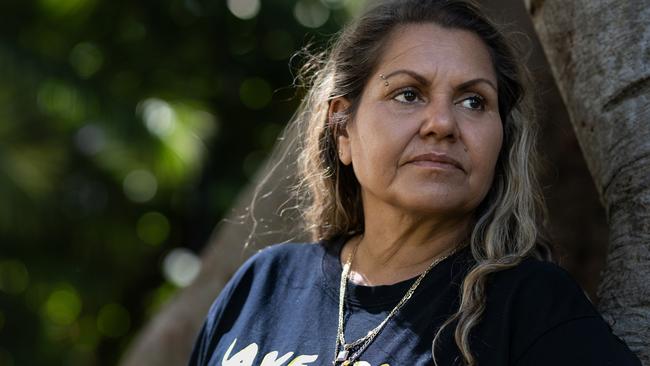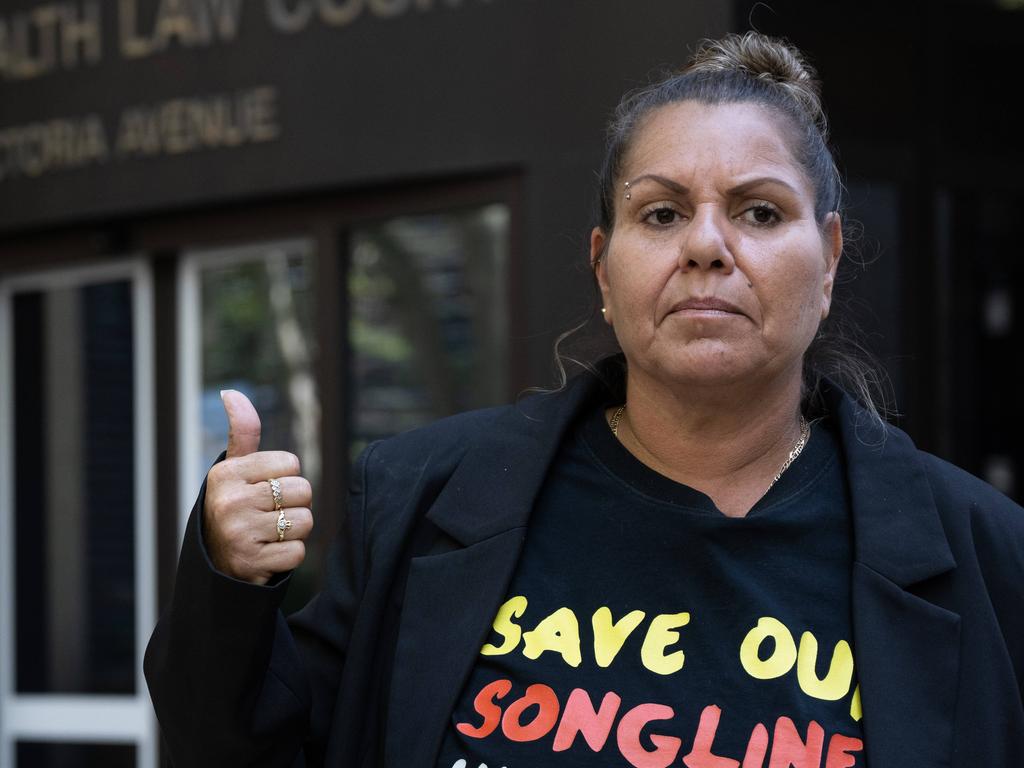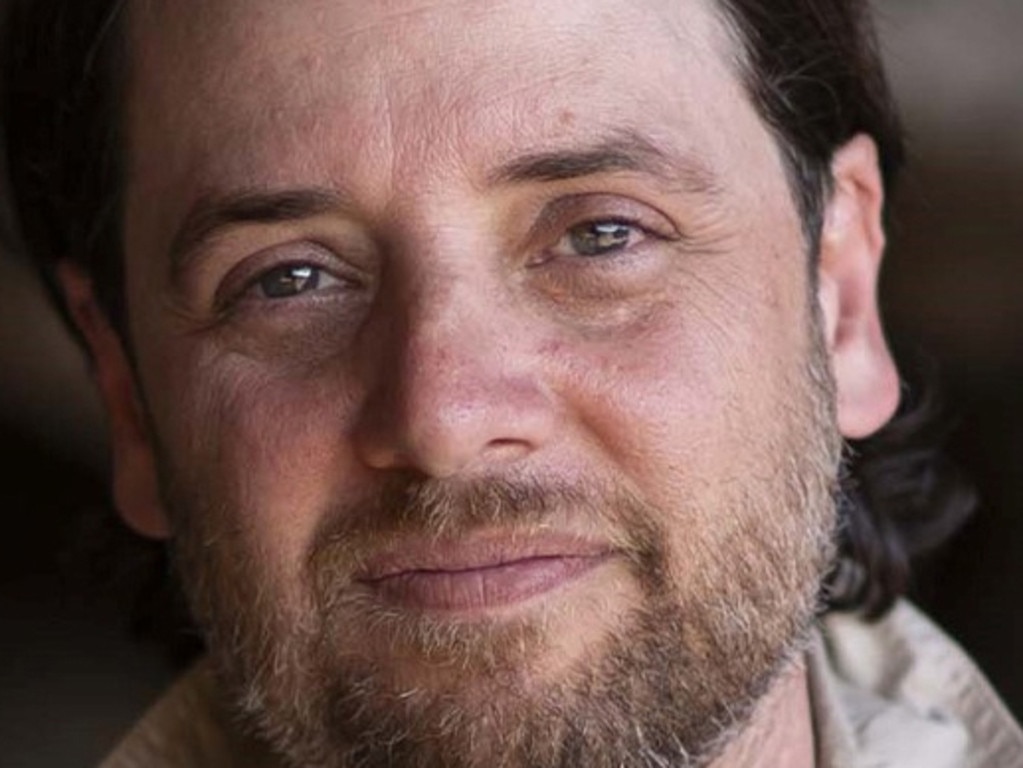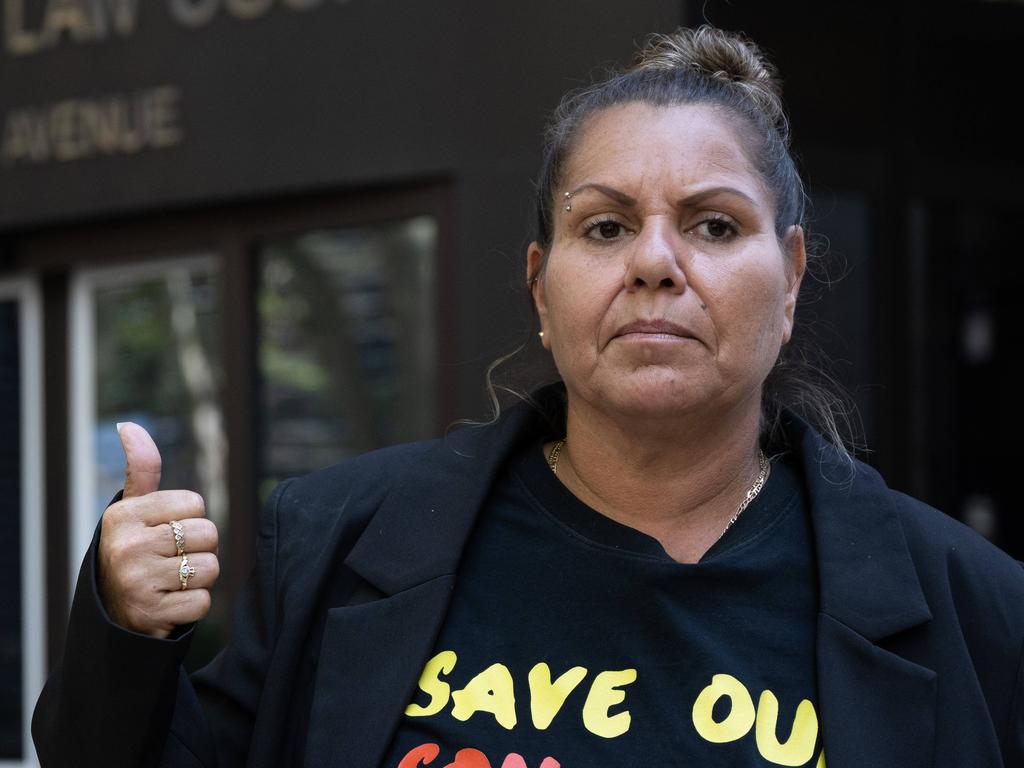Woodside ‘buying off’ Indigenous communities: activist
Raelene Cooper says reducing the consultation obligations on oil and gas producers would deprive Indigenous groups of one of their few avenues of appeal.

The woman behind last year’s successful but ultimately short-lived Federal Court victory over Woodside Energy has used her submission to a federal review to accuse the energy giant of “buying off” Indigenous people.
Raelene Cooper, who established Save Our Songlines to fight against Woodside and its plans to develop the $16.5bn Scarborough liquefied natural gas project, criticised the company’s history of Indigenous engagement as she argued for the commonwealth not to weaken consultation requirements currently under scrutiny.
Ms Cooper and Save Our Songlines last year successfully secured a Federal Court order blocking Woodside from carrying out seismic work at Scarborough after arguing the company had not adequately consulted with Indigenous groups.
Weeks later, however, Woodside secured fresh approvals from the federal regulator NOPSEMA that allowed it to begin the work. Federal Resources Minister Madeleine King has launched a review into the regulatory regime, amid concerns from companies about what they have argued is the “dire state” of Australia’s offshore oil and gas approvals process.
Opposition Leader Peter Dutton has also vowed to pull federal funding for the Environmental Defenders Office, which has been involved in both the Woodside Scarborough matter and a legal challenge on behalf of Tiwi Islanders against Santos’ proposed Barossa gas project.
In her submission to the inquiry, Ms Cooper said changes to reduce the consultation obligations on oil and gas producers would deprive Indigenous groups of one of the few avenues of appeal open to them.

“There has been a lot of talk from Woodside and other oil and gas companies recently about consultation with Aboriginal people, and cultural heritage holding back their projects, causing delays and costs. For decades these companies have been ignoring us or paying lip service to our rights and interests,” she wrote.
“Now that we have been able to assert those rights in a court, they are claiming that what few rights we have should be taken away, withdrawn. They are claiming that our voices should be silenced and overridden, and that decisions should be made for our people and our cultural heritage by others who know better. This is the way these companies have always behaved. I am not at all surprised that they continue to behave this way.”
The consultation that did occur between Woodside and Indigenous groups, Ms Cooper said, was carried out in a “fundamental power imbalance” in which Woodside withheld information and demanded responses “in impossible time frames”.
Prior to establishing Save Our Songlines, Ms Cooper was a board member of the Murujuga Aboriginal Corporation – established to represent the traditional owner groups of the region.
Ms Cooper said the framework set for MAC when it was established by the state government included gag clauses that prohibit representatives from speaking out against the industrial proponents in the area. MAC, she said, was also reliant on ongoing funding from Woodside for a ranger program and its emissions monitoring studies.
“Woodside targets its consultation towards organisations that have conflicts of interest and are dependent on its funding, and the company has been buying off people and organisations in my community for decades,” Ms Cooper said.
A spokeswoman for Woodside said the company’s engagement with First Nations communities was guided by the UN Declaration on the Rights of Indigenous Peoples and the principles of seeking free, prior and informed consent. “We provide resourcing support to First Nations communities to cover independent expert advice and meeting costs, and factor community and cultural obligations into our time frame planning,” she said.
Woodside engaged with representative bodies rather than individuals, and applied strong governance conditions to its funding arrangements with Indigenous groups.
“Woodside does not conflate its First Nations agreement benefits payments with our consultation obligations,” she said.








To join the conversation, please log in. Don't have an account? Register
Join the conversation, you are commenting as Logout